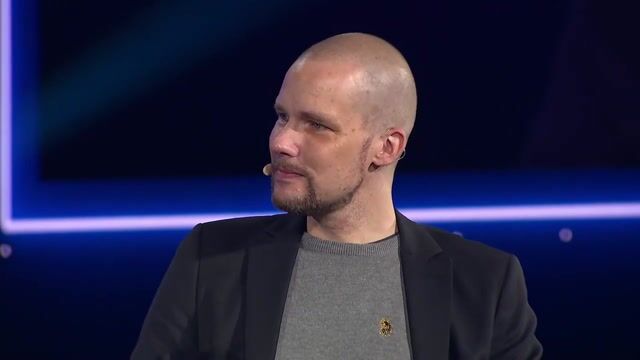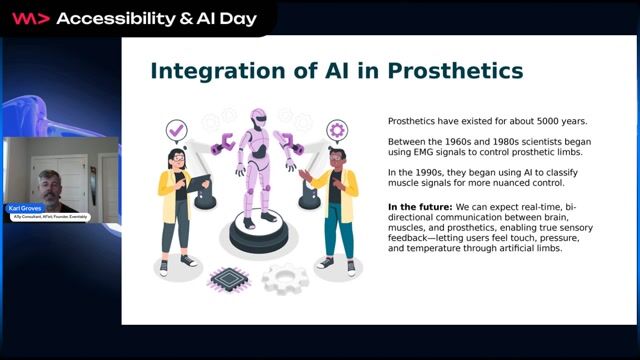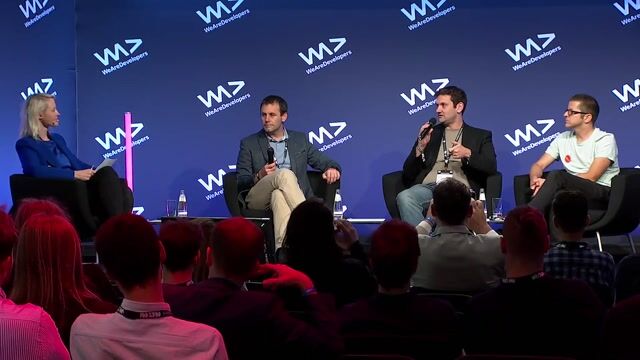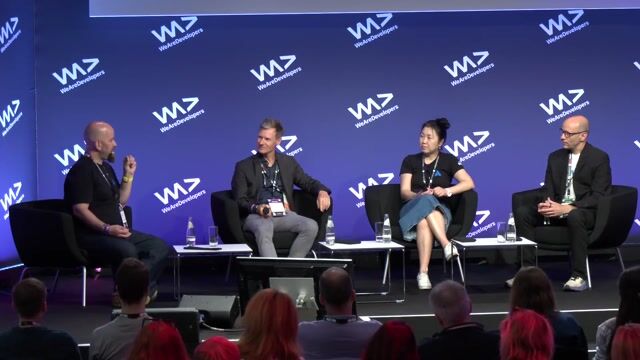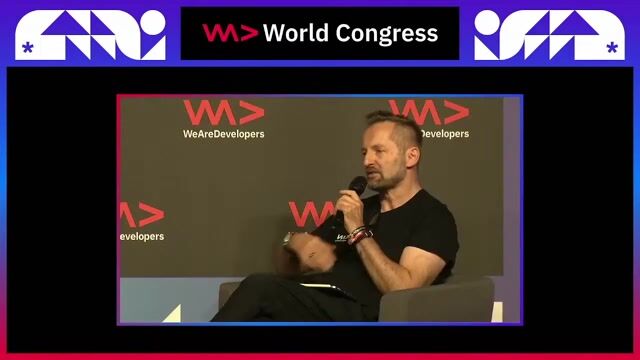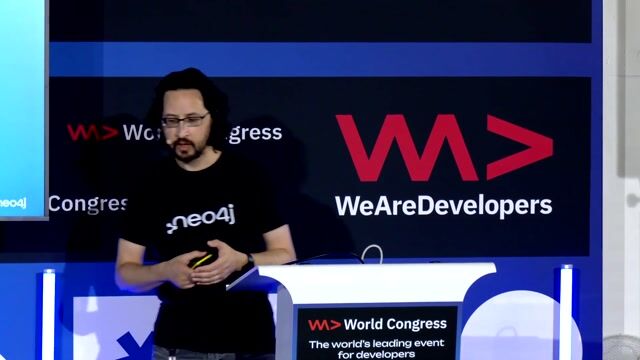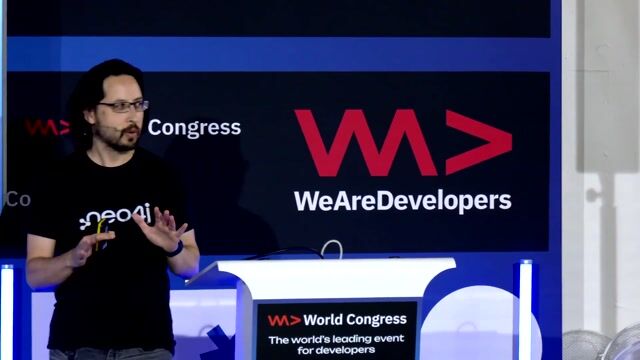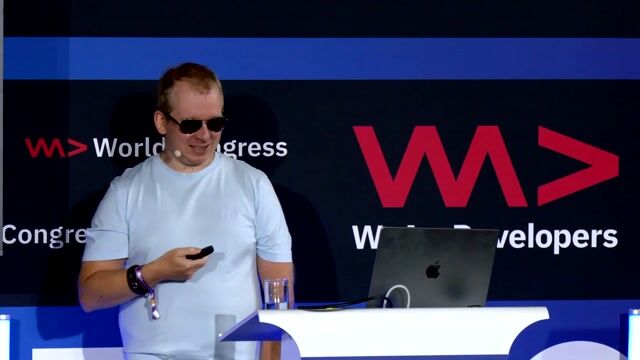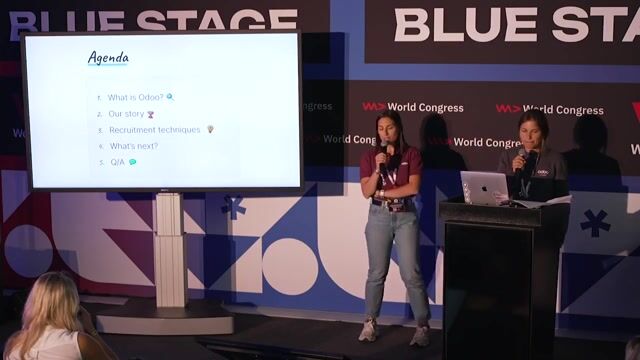Professor in neurosymbolic Artificial Intelligence
Role details
Job location
Tech stack
Job description
The research field of artificial intelligence (AI) has recently seen several breakthroughs. Deep learning and large language models lead to unprecedented possibilities. Yet purely data-driven approaches still have their limitations. They can make very accurate predictions, but they are very fragile: they often require enormous amounts of data, they are easy to manipulate, they can only use existing knowledge to a limited extent, they are not transparent, etc. There is consensus that modern AI should combine the ability to learn and to reason. Automatic reasoning has been studied for decades, leading to advanced methods based on more symbolic (logical and probabilistic) knowledge. But knowledge-based systems are also limited: manually encoding all relevant knowledge is not feasible, some knowledge must be generated automatically. There is therefore a need for an integrated approach that combines learning and reasoning, and that combines subsymbolic with symbolic inference: the so-called neurosymbolic approach. Neurosymbolic models are more suitable for enabling cognitive systems: AI systems that combine unconscious processes with conscious processes - in line with Kahneman's "fast and slow thinking".
- You will develop an internationally relevant research program in the field of neurosymbolic artificial intelligence, which combines symbolic and subsymbolic inference mechanisms in learning and reasoning.
- Your research builds on, broadens, and is complementary to current AI research in the Declarative Languages and Artificial Intelligence department. You bridge the gap between knowledge-based and learning approaches.
- You publish at the highest scientific level, obtain competitive research funding and supervise doctorates of an international quality level. You endorse the international research strategy and contribute to the further strengthening of DTAI's scientific reputation by taking on a key role in the network of scientific and international collaborations in the above-mentioned research domain.
Teaching
- You provide high-quality education within the domain of computer science and artificial intelligence in bachelor and/or master programs of the KU Leuven Faculty of Engineering and Faculty of Science, and this with a clear commitment to quality of the program(s) as a whole. You also contribute to the pedagogical project of the faculty/university by supervising master's theses and as a promoter of doctoral students.
- You develop your education in accordance with KU Leuven's vision on activating and research-based education and make use of the opportunities for educational professionalization that the faculty and the university offer.
Service
- You are prepared to provide scientific, societal and internal services.
- You play an active role in profiling the department to new students and the professional field through participation in open days, networking events, etc., * The official administrative language used at KU Leuven is Dutch. If you do not speak Dutch (or do not speak it well) at the start of employment, KU Leuven will provide language training to enable you to take part in meetings.
- Before teaching courses in Dutch, you will be given the opportunity to learn Dutch to the required level.
Offer
-
We are offering full-time employment in an intellectually challenging environment.
-
KU Leuven is a research-intensive, internationally oriented university that carries out both fundamental and applied scientific research. Our university is highly inter- and multidisciplinarily focused and strives for international excellence. In this regard we actively work together with research partners in Belgium and abroad and provide our students with an academic education that is based on high-quality scientific research.
-
You will work in Leuven, a historic, dynamic and lively city located in the heart of Belgium, within 20 minutes from Brussels, the capital of the European Union, and less than two hours from Paris, London and Amsterdam.
-
KU Leuven is well equipped to welcome foreign professors and their families and offers practical support in the areas of immigration and administration, housing, childcare, learning Dutch, partner career coaching, etc.
-
To facilitate scientific onboarding and accelerate research in the first phase a starting grant of 110.000 euro is offered to new professors without substantial other funding, appointed for at least 50%.
Depending on your record and qualifications, you will be appointed to or tenured in one of the grades of the senior academic staff: assistant professor, associate professor, professor or full professor. In principle, junior researchers are appointed as assistant professor on the tenure track for a period of 5 years; after this period and a positive evaluation, they are permanently appointed (or tenured) as an associate professor.
https://dtai.cs.kuleuven.be
Requirements
- You have a PhD in Computer Science or Artificial Intelligence, or equivalent.
- You have a strong research profile in the area of neurosymbolic AI. The quality of your research is proven by publications in internationally leading conferences and journals (IJCAI, AAAI, NeurIPS, ICML, JMLR, MLJ, AIJ, …)
- You have demonstrable qualities related to academic education. Teaching experience is an advantage.
- You possess organisational skills and have a cooperative attitude. You also possess leadership capacities within a university context.
- A good command of English is required. KU Leuven provides courses in academic English.
